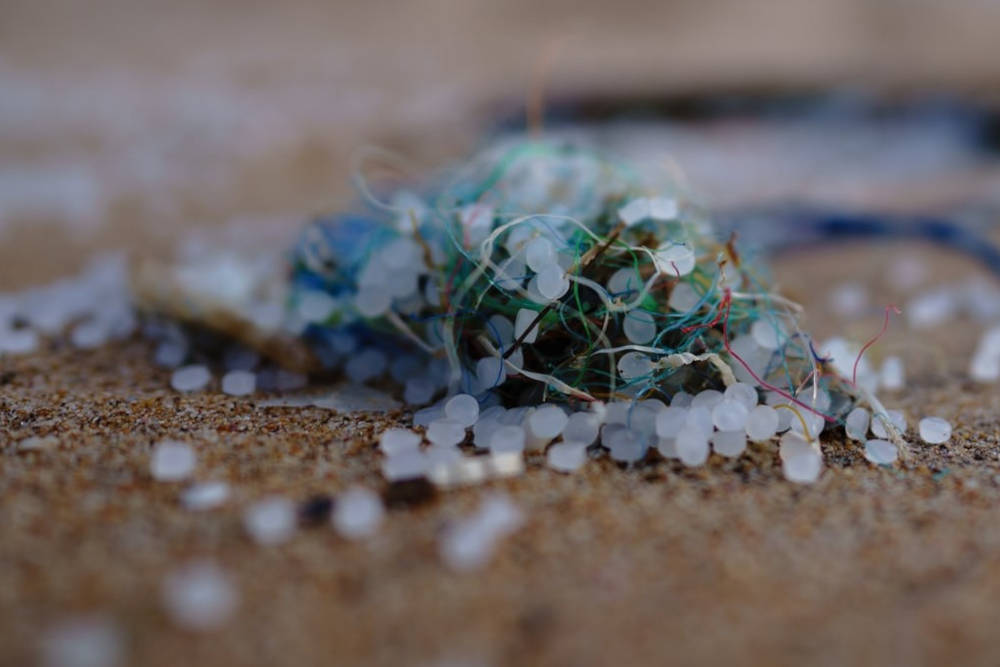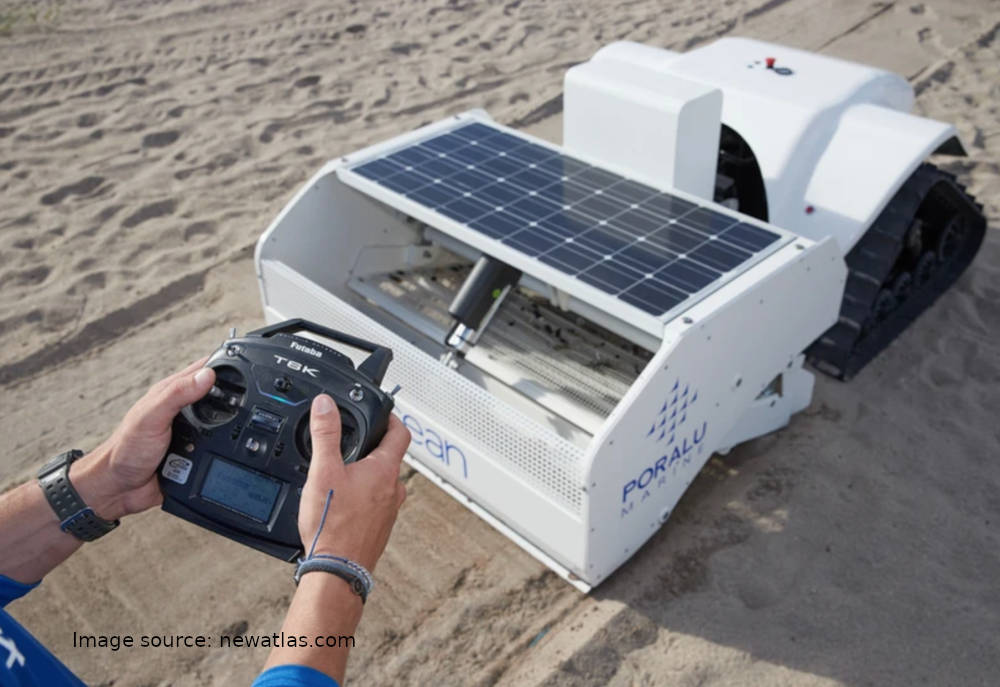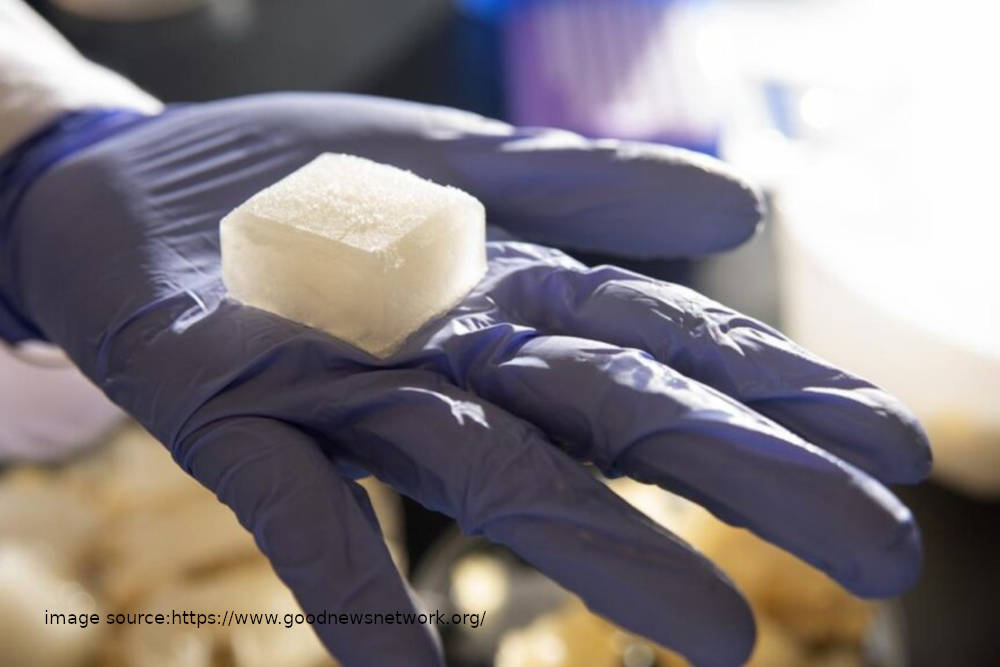Plastic bags charging our phones?
- Home
- Swallow Green
- Plastic bags charging our phones?
Plastic bags charging our phones?
- access_time25 May 2020
- account_circleSwallow Green

Instead of ending up in trash heaps and landfills, the plastic bag used in grocery stores may soon be used to power our smartphones, according to some research. Scientists from Purdue University have developed a procedure that converts the plastic into carbon chips that can be found in most lithium batteries used to power portable and other types of electronics, such as toys, and medical devices.
The technique could be used to solve the plastic recycling crisis while also boosting production of lithium batteries, which are being used in everything from chainsaws to electric cars with a growth rate that may soon cause shortages in this material or even price spikes.
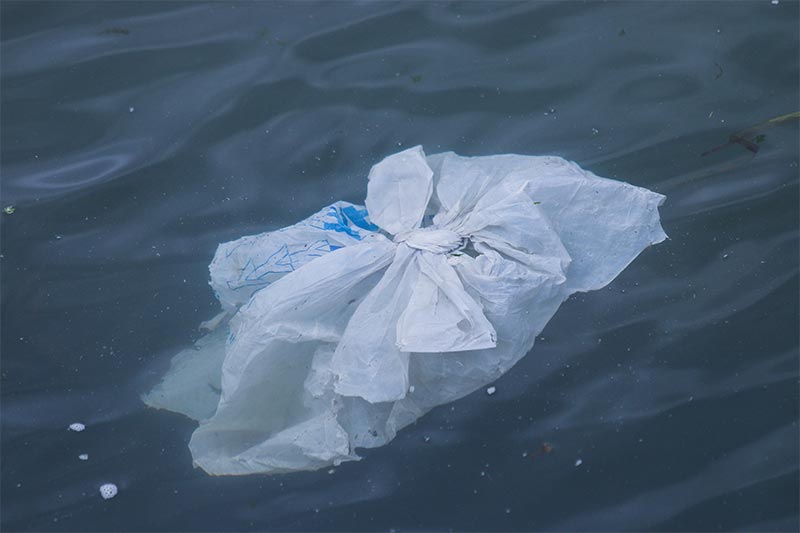
Experts have long suspected polyethylene in plastic bags could be a cheap source of energy-storing carbon, but their previous attempts at conversion have either failed or required processes that are too expensive or complex.
According to research published in ACS Omega by Dr. Vilas Pol, a chemical engineer from Indiana university, the problem can be solved with a simple and more efficient approach. Pol and his colleagues say they have developed a method that creates carbon chips that are being used as anodes, which are typically made of graphite and serve as the negative electrodes used in these rechargeable batteries.
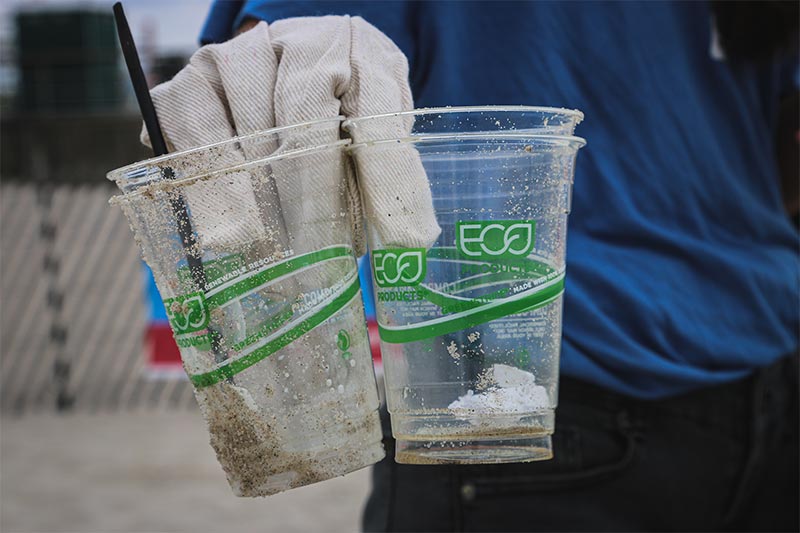
The team immersed polyethylene plastic bags into sulphuric acid and sealed them inside a chemical reactor. The plastic was heated to just below the melting temperature of around 150 degrees Celsius.
“This treatment caused sulphonic acid groups to be added so the plastic could be heated to a much higher temperature without vaporizing into hazardous gases.”
Dr Pol, Good News Network
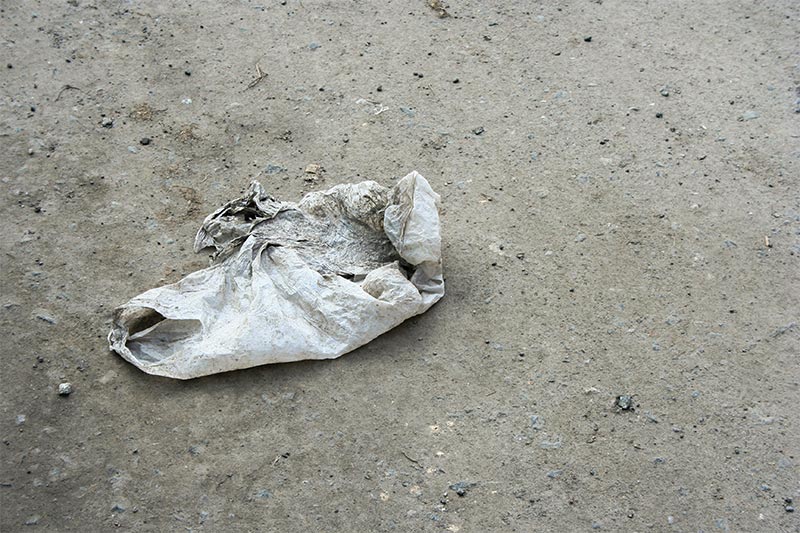
When they removed the sulphurated polyethylene from the reactor and heated it in a furnace in an inert atmosphere, it became pure carbon. The carbon was then ground into a black powder and used it to make lithium battery anodes.
“Many plastic bags are used only once and then disposed, ending up in landfills, oceans and elsewhere in the environment, where they can take hundreds of years to decompose. This novel upcycling approach totally gets rid of low- and high-density waste plastic bags by converting them into functional carbonaceous materials.”
Dr Pol, Good News Network




